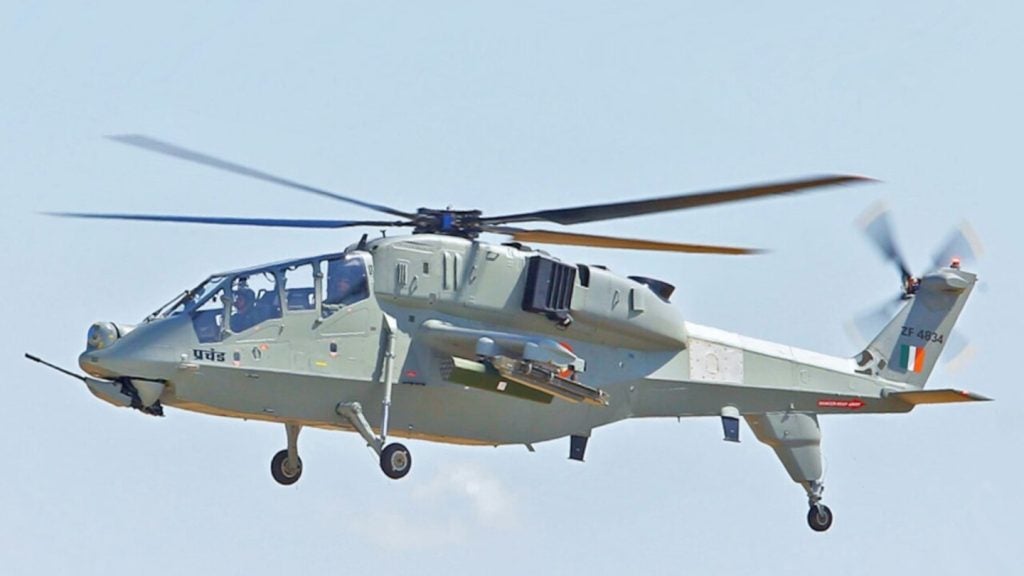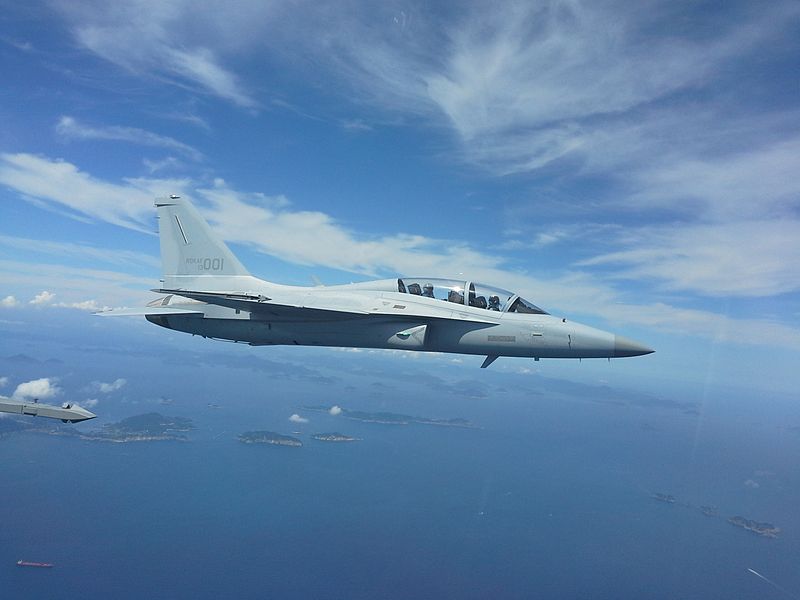Northrop Grumman has demonstrated its software-defined radio (SDR)-based GPS navigation solution during a flight test.
The live-sky demonstration of the first SDR-based, military code (M-code) enabled GPS receiver on production-capable hardware was performed in partnership with the US Air Force Research Laboratory Sensors Directorate.
During the test, the SDR acquired and tracked M-code, a modernised GPS military signal, in real-time.
Northrop Grumman advanced technologies vice-president Vern Boyle said: “Northrop Grumman’s secure software-defined GPS solution provides an unprecedented level of agility and enables our customers to outpace the threat.”
Furthermore, the company secured the certification requirement review approval for the SDR-based GPS receiver from the GPS Directorate.
The approval represents a key security certification milestone that is seen as a critical step in the efforts to field an M-code enabled GPS receiver capable of operating in an unclassified environment.
How well do you really know your competitors?
Access the most comprehensive Company Profiles on the market, powered by GlobalData. Save hours of research. Gain competitive edge.

Thank you!
Your download email will arrive shortly
Not ready to buy yet? Download a free sample
We are confident about the unique quality of our Company Profiles. However, we want you to make the most beneficial decision for your business, so we offer a free sample that you can download by submitting the below form
By GlobalDataTo design the platform, Northrop Grumman used a system-on-a-chip SDR approach, which allowed for rapid real-time field changes.
In February, the company received a contract from the US Air Force (USAF) for a next-generation navigation system.
The contract was for the engineering and manufacturing development phase of the embedded / inertial navigation system-modernisation technology.
Last week, Collins Aerospace Systems obtained the GPS Directorate security certification from the US Air Force Space and Missile Systems Center for its M-code common GPS module.
The certification validates the module’s compliance with the military GPS user equipment (MGUE) hardware and software security design specification.
M-Code receivers offer enhanced anti-jamming and anti-spoofing capabilities that can be used to counter modern electronic warfare threats.







